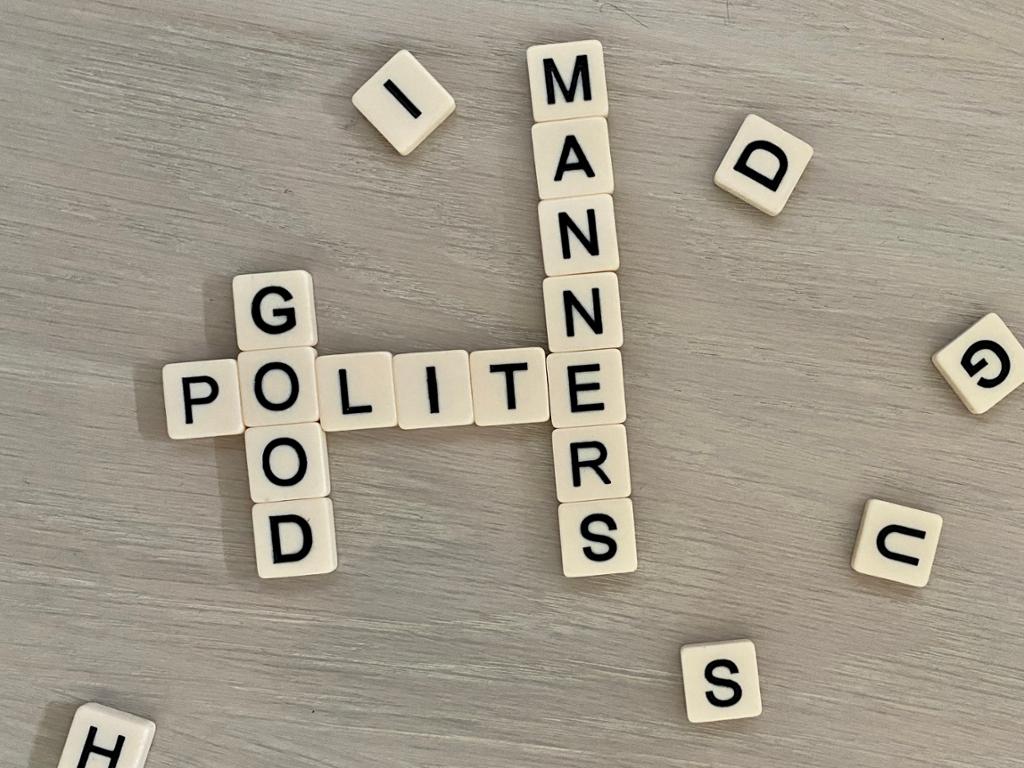How to Be Polite

Do you feel it is stuffy to be polite? That showing other people common courtesy is old-fashioned? That having manners is snobbish? Then think about the purpose of politeness – to put others at ease and show consideration. Polite phrases like “please”, “thank you” and “excuse me” make living in a society easier.
Although we Norwegians have a lot in common with, say, Britons, North Americans, and New Zealanders, we tend to forget the value they place on being polite - even in casual conversation. One of the biggest blunders Scandinavians make when they talk to English speakers is being too brusque and direct. English speakers will often try to soften their language a bit to sound more polite.
(To find out more about how they do this, use the search query 'Speaking: Being polite - how to soften your English' and watch the instructional video)
Among foreigners who come to this country, the Norwegian habit of not greeting people is notorious. Whether they are from America, Africa or Asia, they are taken aback when they experience in Norway that people seem to look right through them. In any other culture, this is totally unacceptable.
In which of the following situations should you say hello, and in which situations can you just drop the greeting and pretend the person is not there?
- When you meet a friend or acquaintance on the street and he or she is with someone you do not know. (Do you greet the stranger?)
- When you go into a shop. (Do you say hello to the shop employee?)
- When you meet friends of friends at a small party or social gathering. (Do you greet your friends’ friends?)
- When you go to a friend’s house and meet their parents. (Do you greet the parents?)
1. Which of the following is not a common greeting in English?
Hello.
(It’s) nice to meet you.
(I am) pleased to meet you.
(It’s) good to meet you.
(It’s been) nice seeing you.
How do you do?
2. Please and Thank You
“Please” is a word that is much used in English. However, it cannot be placed anywhere in a sentence. Which of the following sentences is/are incorrect?
Would you open the window, please?
Would you open please the window?
Would you open the please window?
Please, would you open the window?
Would you please open the window?
3. Could you Repeat That?
What do you say when you did not hear what somebody said? Rank the following expressions in order of politeness – from not at all polite to neutral to very polite:
- Pardon?
- What was that?
- I beg your pardon?
- Excuse me?
- What?
- (I’m) sorry?
- Come again?
4. Which of the following phrases is incorrect English
- Would you mind if I borrowed your pen for a minute, please?
- Would you mind to smoke outside, please?
- Would you mind looking after my dog while I go and buy a coffee?
- Would you mind holding the door for me, please?